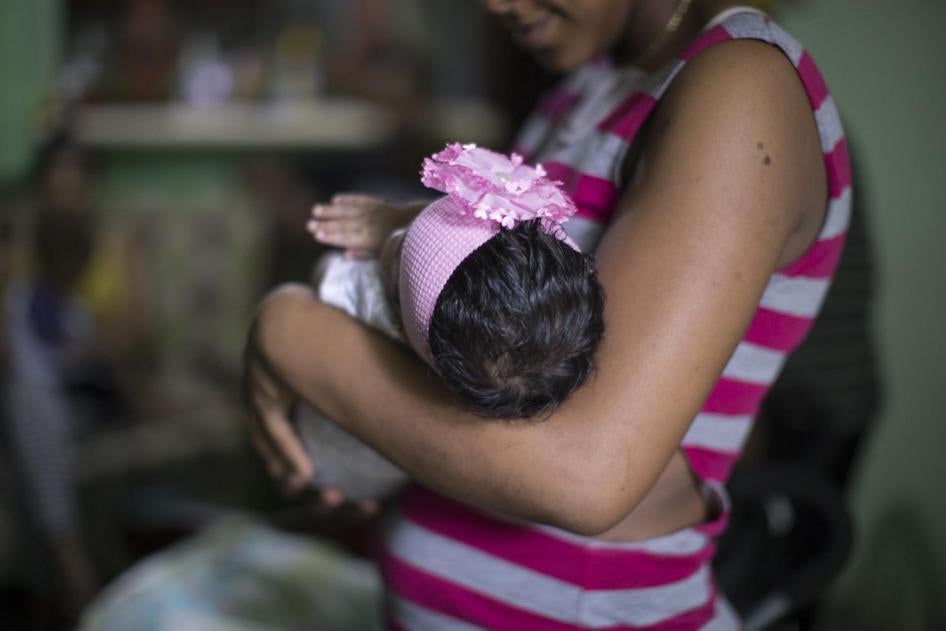Pushed Across the Border: Dominican Deportations Spark Fear Amid Haitian Crisis
Pushed Across the Border: Dominican Deportations Spark Fear Amid Haitian Crisis

In a move that has drawn widespread criticism, the Dominican Republic deported 135 Haitian nationals—primarily pregnant women, new mothers, and children—as part of its ongoing crackdown on undocumented immigrants. Dominican officials reported that the group was taken to a detention center on Monday and later transported back to Haiti, a country currently engulfed in violence and humanitarian turmoil.
This wave of deportations coincided with the implementation of a controversial policy from President Luis Abinader’s administration. The new measure requires staff at National Health Service (SNS) hospitals to demand proof of identity, employment, and residency from patients, so immigration agents can verify their legal status. This shift in policy has raised alarm among health and human rights advocates.
The enforcement began at 33 public hospitals across the country, many of which are the primary locations where foreign women—most of them Haitian—give birth. According to SNS Director Mario Lama, up to 80% of public hospital births involving foreign mothers happen in these facilities. Authorities claim the detained women and children were treated with care, discharged only after medical evaluation, and returned on safe, comfortable buses.
Despite those reassurances, health professionals and advocacy groups have condemned the approach. The Dominican Medical Association voiced concern on social media, warning that such rigid deportation practices endanger those with urgent health needs. They argue that forcing hospitals into immigration enforcement roles puts patients at unnecessary risk.
Amnesty International also weighed in, warning that the threat of immediate deportation following medical treatment may deter vulnerable groups—including pregnant women, minors, and violence survivors—from seeking necessary care. The organization emphasized that this policy undermines the right to health, privacy, and safety, potentially creating a public health crisis among already at-risk populations.
Although Dominican authorities have stated that no one will be refused care under the new protocol, human rights organizations caution that fear of deportation may prevent undocumented individuals from visiting hospitals in the first place. Critics believe this could have dire consequences, particularly for those in medical emergencies or facing childbirth complications.
This latest round of deportations adds to a broader pattern: in just the last six months, over 180,000 people have been sent back to Haiti from the Dominican Republic. Many of these individuals were fleeing worsening conditions in Haiti, where gang violence, lack of basic resources, and widespread school closures have upended everyday life.
The crisis in Haiti continues to deepen. Health facilities across the country have been forced to shut down due to gang violence, including the recent evacuation of the University Hospital of Mirebalais after armed groups invaded the area. The United Nations’ special envoy to Haiti, María Isabel Salvador, recently warned that the nation is approaching “the point of no return.” Without urgent international intervention, she said, Haiti could spiral into complete collapse.
What's Your Reaction?
















:format(webp)/cdn.vox-cdn.com/uploads/chorus_image/image/70136881/1347078605.0.jpg)





